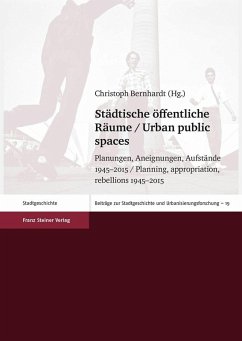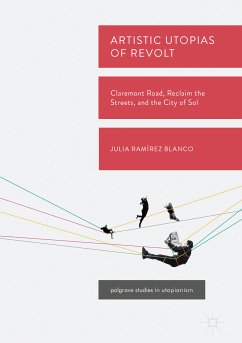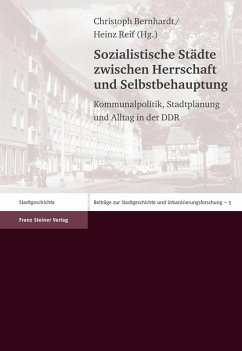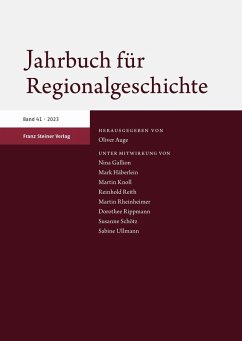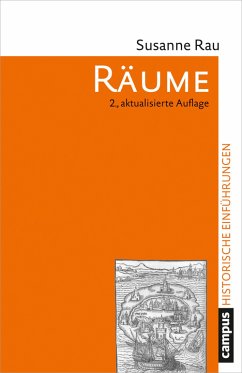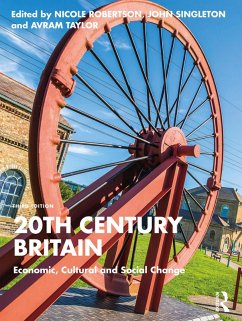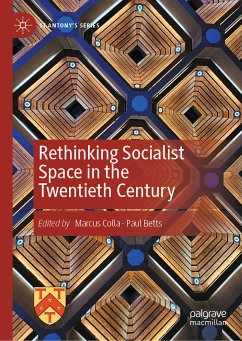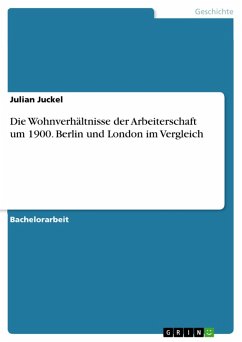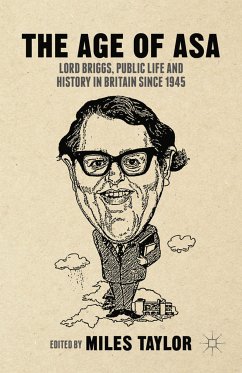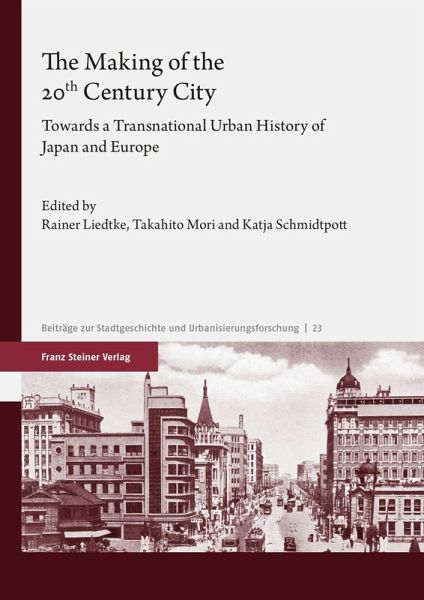
The Making of the 20th Century City (eBook, PDF)
Towards a Transnational Urban History of Japan and Europe
Redaktion: Liedtke, Rainer; Schmidtpott, Katja; Mori, Takahito

PAYBACK Punkte
0 °P sammeln!
Broadening the global perspective is high on the agenda for the current study of urban history. It is widely accepted in contemporary Japanese urban history that the prototype of the modern city was formed in the decades between the 1900s and the 1930s, when, against the background of accelerating urbanisation, the ideas of modernity in terms of regularity, functionality and rationality contributed to the establishment of mass culture and ultimately to social mobilisation for 'total war'. These views coincide with those of European urban history. In order to understand this coincidence, the vo...
Broadening the global perspective is high on the agenda for the current study of urban history. It is widely accepted in contemporary Japanese urban history that the prototype of the modern city was formed in the decades between the 1900s and the 1930s, when, against the background of accelerating urbanisation, the ideas of modernity in terms of regularity, functionality and rationality contributed to the establishment of mass culture and ultimately to social mobilisation for 'total war'. These views coincide with those of European urban history. In order to understand this coincidence, the volume is divided into three parts: 1. Surveys of mutual historiographical perceptions, 2. Case studies of urban architecture, the garden city concept, concepts of urban disaster prevention, infrastructure building and organised urban leisure, 3. Observations from the perspective of European urban history. The combination will not only elucidate the process of making the 20th century Japanese city, but also help the reader to rethink the modern European city in a global context.
Dieser Download kann aus rechtlichen Gründen nur mit Rechnungsadresse in A, B, BG, CY, CZ, D, DK, EW, E, FIN, F, GR, HR, H, IRL, I, LT, L, LR, M, NL, PL, P, R, S, SLO, SK ausgeliefert werden.




